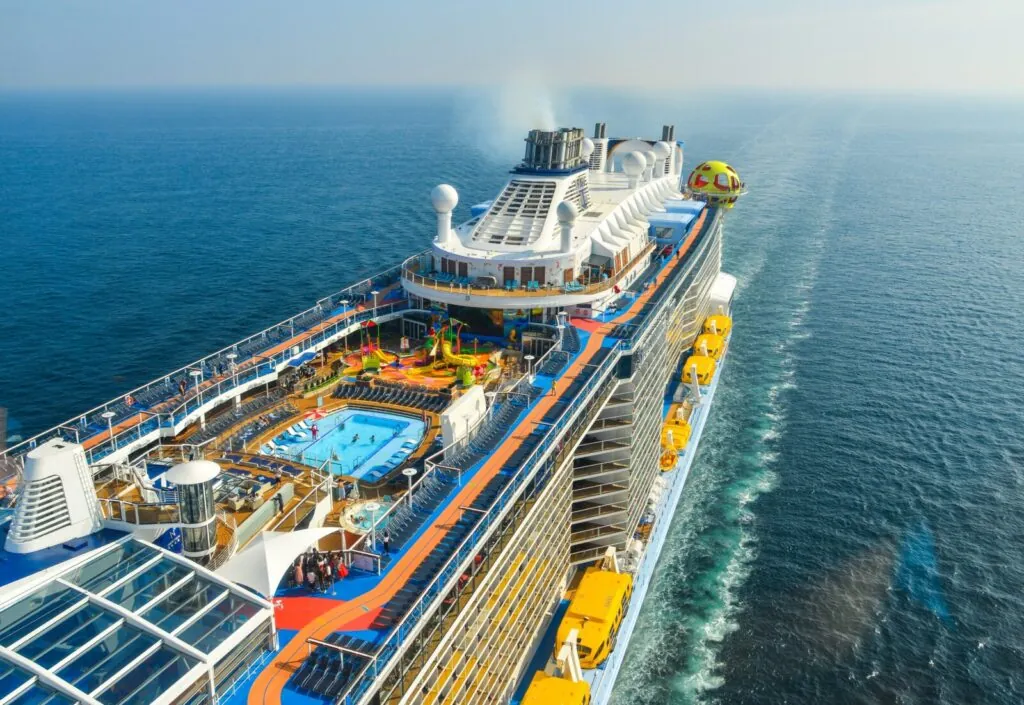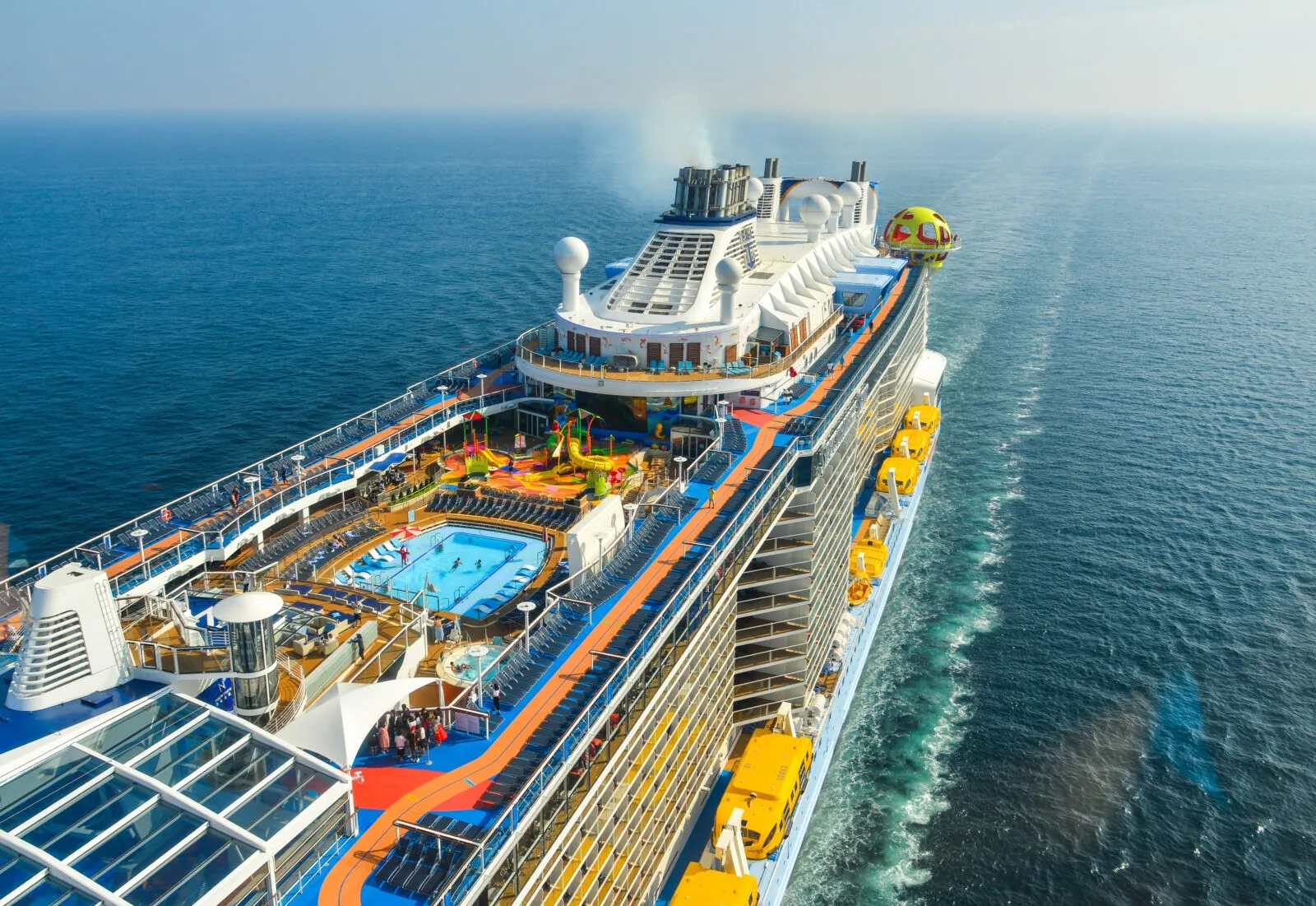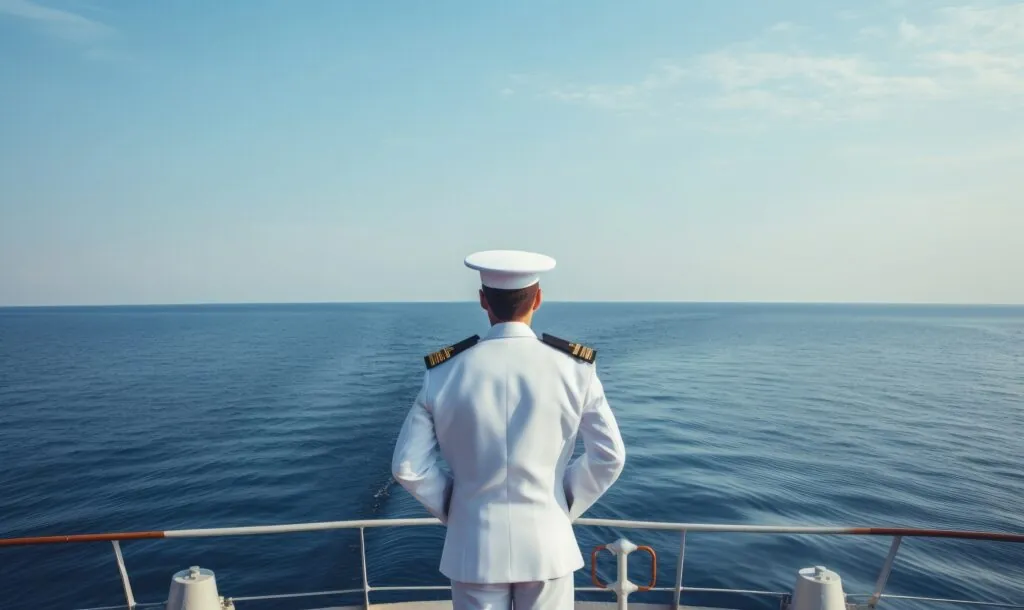Is the Cruise Line Liable If Someone Was Sexually Assaulted on the Ship?
Cruise vacations are a dream for millions of travelers, offering a chance to explore exotic locations while enjoying luxury accommodations, fine dining, and endless entertainment. However, the reality is that cruise ships are not immune to serious crimes, including sexual assault. These “floating cities” come with their own risks, and passengers who fall victim to crimes face the added challenge of navigating complex maritime laws and multi-jurisdictional legal systems.

This article aims to demystify the concept of cruise line liability, explain the rights of passengers, and provide practical steps to take if you or someone you know is a victim of sexual assault on a cruise ship. It also highlights how legal action can be pursued against cruise lines for negligence and failure to uphold their duty of care.
What Is Cruise Line Liability?
Cruise line liability is the legal responsibility cruise companies bear for ensuring passenger safety. This includes providing secure facilities, properly training staff, and responding to incidents with appropriate measures. When cruise lines fail in these duties, they can be held accountable for incidents such as sexual assault, personal injuries, and other harms suffered by passengers.
Understanding the Duty of Care
Cruise lines owe a “duty of care” to their passengers, meaning they are required to take reasonable measures to prevent foreseeable risks. This duty extends to:
- Preventing Crime: Ensuring adequate security measures are in place to deter crimes like sexual assault.
- Responding to Incidents: Addressing passenger concerns and incidents promptly and effectively.
- Maintaining Safe Conditions: Providing well-lit areas, secure staterooms, and functioning surveillance systems.
When cruise lines fail to meet this duty of care, they may be found negligent and held liable for damages. For example, if a ship lacks security cameras in public areas or fails to investigate reports of misconduct, they could face legal consequences.
The Challenges of Multi-Jurisdictional Law
One of the complexities of cruise line liability is that incidents often occur in international waters, outside the jurisdiction of any single country. The ship’s flag state—the country where the vessel is registered—typically determines the applicable laws. This can complicate legal claims, as some flag states have weak enforcement standards or lenient regulations.
The Legal Framework of Maritime Law and Sexual Assault Cases
Maritime law, also called admiralty law, is a specialized branch of law that governs activities on international waters. It applies to crimes and disputes occurring on cruise ships and dictates how incidents like sexual assault are handled.
How Maritime Law Governs Cruise Ship Incidents
Maritime law addresses several key aspects of cruise ship liability:
- Jurisdiction in International Waters: Crimes that occur more than 12 nautical miles from the coast are considered to have taken place in international waters. In these cases, the laws of the flag state typically apply.
- Flag State Responsibility: The flag state has a legal obligation to ensure the ship complies with international safety standards. However, enforcement varies significantly between countries, with some flag states offering minimal oversight.
- Mandatory Reporting: Under U.S. law, cruise lines are required to report serious crimes, including sexual assault, to the FBI and other authorities if the ship embarks or disembarks in a U.S. port. The Cruise Vessel Security and Safety Act (CVSSA) outlines specific reporting requirements.
Challenges for Victims
Victims of sexual assault on cruise ships often face additional hurdles, such as:
- Language barriers when dealing with ship staff or foreign authorities.
- Delayed investigations due to the ship’s location or jurisdictional complexities.
- Limited access to legal resources while still onboard.
Understanding the legal framework can empower passengers to seek justice and hold cruise lines accountable.
Common Issues: Cruise Ship Negligence and Crimes at Sea
While cruise vacations are generally safe, crimes do occur onboard, and sexual assault is one of the most frequently reported offenses. According to data from the U.S. Department of Transportation, sexual assault accounts for a significant portion of reported crimes on cruise ships, with many incidents involving crew members or other passengers.
Examples of Negligence That Contribute to Crime
- Insufficient Security Measures: Many cruise lines fail to hire enough security personnel or properly train their staff to handle emergencies.
- Inadequate Surveillance: Some ships lack comprehensive security camera systems, making it difficult to monitor key areas or gather evidence after an incident.
- Delayed or Improper Response: When passengers report incidents, some cruise lines fail to take immediate action or conduct thorough investigations.
- Negligent Hiring Practices: A lack of proper background checks on employees can lead to the hiring of individuals with criminal histories or other red flags.
These examples of negligence highlight the importance of holding cruise lines accountable for failing to protect their passengers.
Passenger Rights: What Protections Are in Place?
Passengers have the right to expect a safe and secure environment while onboard a cruise ship. Several laws and regulations are designed to protect passengers, although enforcement varies depending on the ship’s flag state and jurisdiction.
Protections Provided by U.S. Laws
The Cruise Vessel Security and Safety Act (CVSSA) establishes key safety requirements for ships that embark or disembark in U.S. ports, including:
- Installation of security cameras in public areas.
- Training for security personnel and medical staff on handling sexual assault cases.
- Providing passengers with clear instructions on how to report crimes.
- Offering victims immediate access to medical care and crisis counseling.
International Standards
The International Maritime Organization (IMO) sets global safety standards for passenger ships. However, compliance and enforcement are largely the responsibility of the flag state, leading to inconsistencies in safety protocols.
Despite these regulations, passengers must be proactive in understanding their rights and the safety measures in place onboard.
What to Do After an Assault on a Cruise Ship
If you are a victim of sexual assault on a cruise ship, it’s important to take immediate action to protect your rights and gather evidence for potential legal claims. Here’s a step-by-step guide:
1. Report the Incident
- Notify ship security or management immediately. Request a written report of the incident and ensure you receive a copy.
- If the ship is docked, report the crime to local authorities in the port city.
2. Preserve Evidence
- Avoid showering, washing clothes, or discarding items that could serve as evidence.
- Take photographs of any injuries and document the location of the incident.
3. Seek Medical Attention
Visit the ship’s medical staff for treatment and request a medical report. If necessary, seek additional care at a hospital when the ship docks.
4. Contact an Attorney
Maritime law is complex, and consulting an experienced lawyer is essential. They can help you determine jurisdiction, file claims, and pursue compensation.
Legal Action Against Cruise Lines for Negligence
Filing a legal claim against a cruise line requires evidence that their negligence contributed to the incident. While the process can be challenging, it is an important step in seeking justice and holding the cruise line accountable.
Grounds for Legal Action
You may have a valid claim if the cruise line:
- Failed to provide adequate security or surveillance.
- Did not respond appropriately to your report of the incident.
- Engaged in negligent hiring practices that put passengers at risk.
Building Your Case
To strengthen your case, gather the following:
- Copies of incident reports filed onboard.
- Witness statements from other passengers or staff.
- Medical records documenting your injuries.
- Surveillance footage, if available.
A lawyer specializing in maritime law can guide you through this process and ensure your rights are protected.
Frequently Asked Questions About Cruise Ship Liability
Can I sue a cruise line for sexual assault?
Yes, you can sue a cruise line if their negligence contributed to the incident. This could include failing to provide adequate security, not addressing previous complaints about unsafe conditions, or failing to train staff to handle such incidents. An experienced maritime lawyer can help you determine if you have a valid claim and guide you through the legal process.
What legal protections do I have as a cruise passenger?
As a cruise passenger, you are entitled to certain legal protections under international maritime law and, in some cases, domestic laws such as the Cruise Vessel Security and Safety Act (CVSSA) in the United States. These laws require cruise lines to maintain safety protocols, report serious crimes, and provide resources for victims. However, the extent of your protections often depends on the ship’s flag state and the jurisdiction of the incident.
Who has jurisdiction over crimes committed on a cruise ship?
Jurisdiction for crimes on a cruise ship is typically determined by the ship’s flag state—the country under which the ship is registered. For example, if the ship is registered in Panama, Panamanian law may apply. However, if the ship docks in a U.S. port or involves U.S. citizens, U.S. authorities may also have jurisdiction. Determining jurisdiction can be complex, and a maritime lawyer can help clarify this for your specific case.
How do I report a crime that occurs in international waters?
If a crime occurs in international waters, your first step is to report it to the ship’s security team and ensure that a written report is filed. Once the ship reaches the next port, you should also report the crime to local law enforcement authorities. In some cases, you may need to contact authorities in the ship’s flag state or in the country where the cruise began or ended.
What should I do immediately after an assault on a cruise ship?
After an assault, it is critical to report the incident to ship security as soon as possible. Request a written report and keep a copy for your records. Avoid showering, changing clothes, or discarding any items that could serve as evidence. Seek medical attention onboard or at the next port and document everything, including photographs of injuries and details about the location of the incident.
Contact The Cruise Injury Law Firm Today
Sexual assault and other crimes aboard cruise ships can leave lasting emotional and physical scars. Understanding your rights and taking swift action is essential to hold cruise lines accountable for their negligence. If you or a loved one has been a victim of a crime onboard a cruise ship, contact The Cruise Injury Law Firm today to explore your legal options and seek justice.






